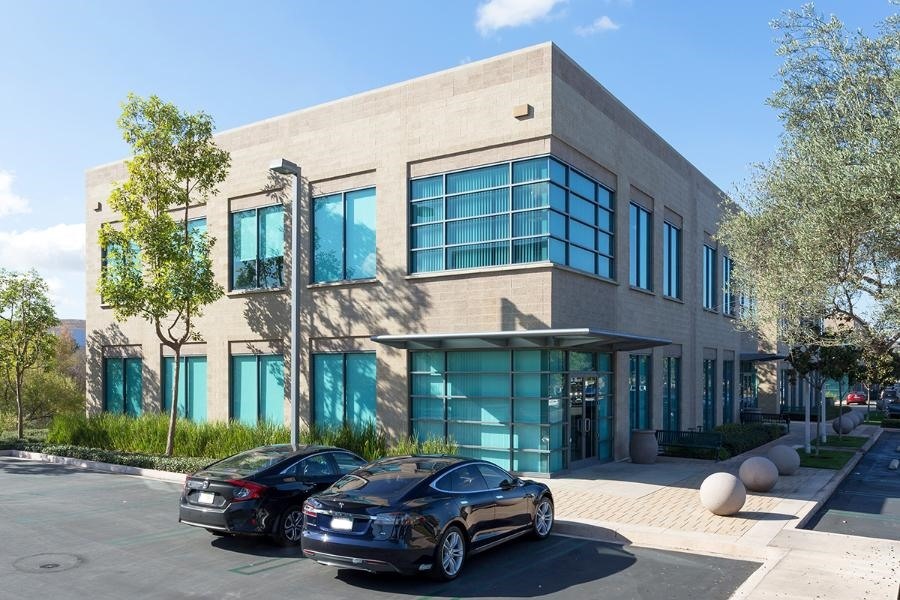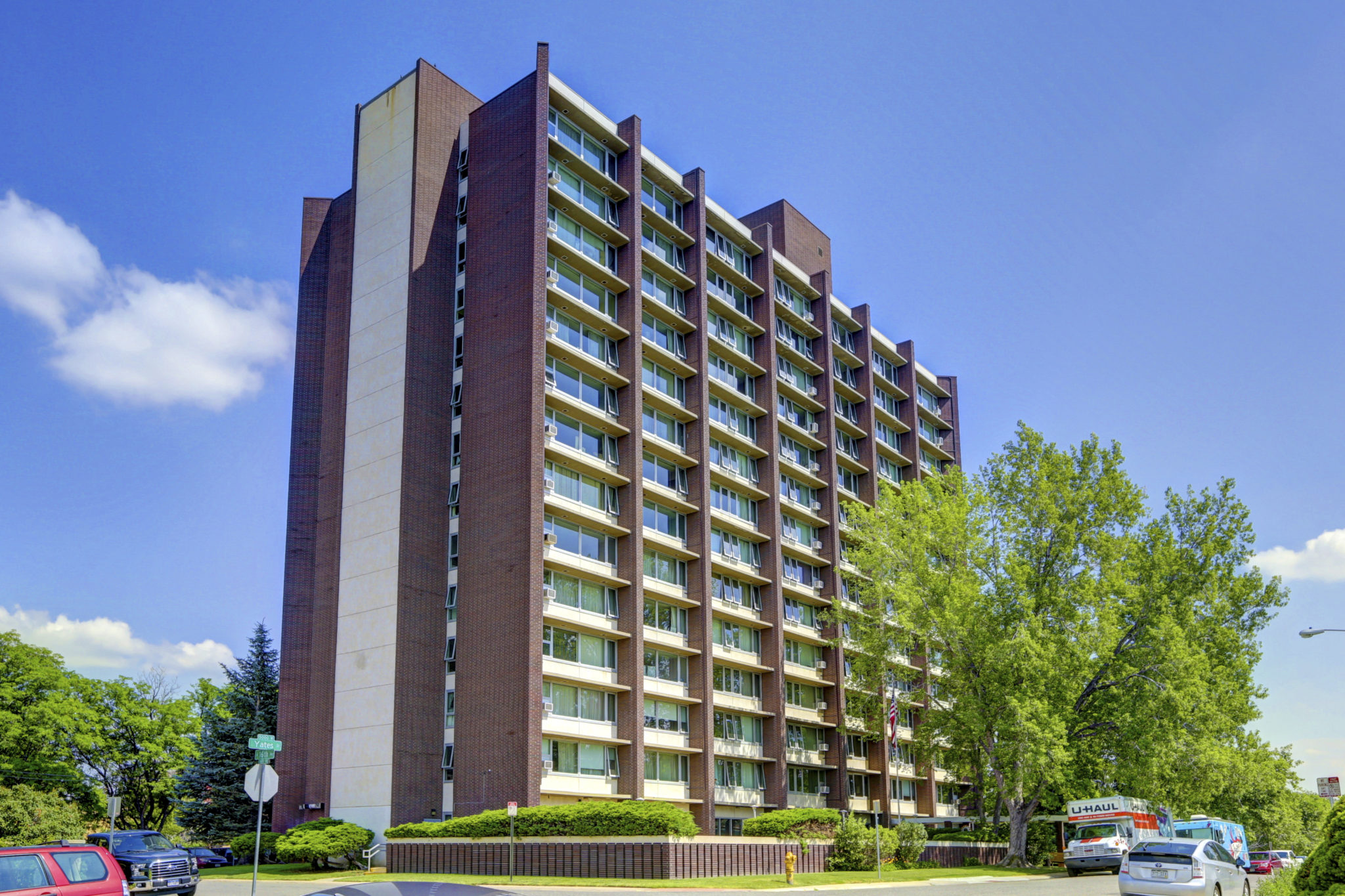Exploring Lucrative Opportunities: A Comprehensive Guide To Building For Sale
Mar 24 2025
When it comes to real estate investments, the concept of a "building for sale" opens up a world of opportunities for both seasoned investors and first-time buyers. Whether you're looking to expand your commercial portfolio, find a new home for your business, or explore residential properties, understanding the market dynamics and key factors is crucial. This article aims to provide an in-depth analysis of the building for sale landscape, offering actionable insights and strategies to help you make informed decisions. From identifying the right property to navigating the legalities, we'll cover everything you need to know to succeed in this competitive market.
As the real estate market continues to evolve, the demand for buildings for sale has surged, driven by economic growth and shifting business needs. Investors are increasingly seeking properties that offer long-term value, whether through rental income, commercial use, or redevelopment potential. However, the process of purchasing a building is complex and requires careful consideration of various factors, including location, zoning laws, and market trends. This article will guide you through the essential steps, helping you identify the right opportunities and avoid common pitfalls.
With the rise of online platforms and digital tools, finding a building for sale has become more accessible than ever. However, this also means that competition is fierce, and standing out requires a strategic approach. By understanding the nuances of the market and leveraging expert advice, you can position yourself for success. In the following sections, we'll delve into the specifics of purchasing a building, exploring key considerations, legal requirements, and tips for maximizing your investment potential. Let's get started by outlining the key topics we'll cover in this comprehensive guide.
Read also:Wendy Crewson And Julie Bristow A Dynamic Duo In The Entertainment Industry
Table of Contents
- 1. What Should You Consider Before Buying a Building for Sale?
- 2. How to Identify the Right Building for Sale?
- 3. Is Location the Most Important Factor in a Building for Sale?
- 4. What Are the Legal Requirements When Purchasing a Building for Sale?
- 5. Financing Options for a Building for Sale
- 6. Key Steps in the Due Diligence Process
- 7. Negotiating the Price of a Building for Sale
- 8. Common Pitfalls to Avoid When Buying a Building for Sale
- 9. Maximizing Value: Strategies for Enhancing Your Building for Sale
- 10. Final Thoughts: Is Now the Right Time to Invest in a Building for Sale?
What Should You Consider Before Buying a Building for Sale?
Purchasing a building for sale is a significant financial decision that requires careful planning and consideration. Before diving into the market, it's essential to evaluate your goals, budget, and risk tolerance. Are you looking for a long-term investment, or do you plan to renovate and resell the property quickly? Understanding your objectives will help you narrow down your options and focus on properties that align with your vision. Additionally, consider factors such as market trends, economic conditions, and potential growth opportunities in the area.
Why Is Market Research Crucial for a Building for Sale?
Conducting thorough market research is one of the most important steps when buying a building for sale. This involves analyzing current market conditions, assessing property values, and identifying emerging trends. By staying informed, you can make data-driven decisions and avoid overpaying for a property. Furthermore, market research allows you to identify underserved areas or niche markets that may offer higher returns on investment. Whether you're targeting commercial, residential, or mixed-use properties, understanding the local demand is key to success.
How Much Should You Budget for a Building for Sale?
Setting a realistic budget is crucial when purchasing a building for sale. In addition to the purchase price, consider other costs such as property taxes, insurance, maintenance, and potential renovations. It's also wise to have a contingency fund to cover unexpected expenses. By creating a detailed financial plan, you can ensure that you're prepared for any challenges that may arise during the buying process. Remember, the initial cost is just the beginning; long-term expenses should be factored into your decision-making process.
Is Location the Most Important Factor in a Building for Sale?
While location is undoubtedly a critical factor in real estate, it's not the only consideration when buying a building for sale. While a prime location can significantly enhance the value of your property, other factors such as zoning laws, infrastructure, and neighborhood development plans also play a vital role. For example, a building in a less desirable area with potential for redevelopment may offer better long-term returns than a property in an already saturated market. Evaluating all aspects of a location will help you make a more informed decision.
How to Identify the Right Building for Sale?
Identifying the right building for sale requires a combination of research, analysis, and intuition. Start by defining your criteria, such as property type, size, and desired features. Next, leverage online platforms, real estate agents, and local listings to explore available options. It's also beneficial to visit properties in person to get a firsthand feel for their condition and potential. By narrowing down your choices and prioritizing your needs, you can find a building that meets your expectations and budget.
What Are the Legal Requirements When Purchasing a Building for Sale?
Purchasing a building for sale involves several legal requirements that must be carefully addressed to ensure a smooth transaction. These include title searches, zoning compliance, and environmental assessments. A title search ensures that the property has a clear ownership history and no liens or legal issues. Zoning compliance is crucial to ensure that the building can be used for its intended purpose. Additionally, environmental assessments may be necessary to identify any potential hazards or contamination risks. Working with experienced legal professionals can help you navigate these complexities.
Read also:Is Kendall Jenner A Supermodel Unveiling The Truth Behind Her Success
What Financing Options Are Available for a Building for Sale?
Financing a building for sale can be achieved through various methods, depending on your financial situation and investment goals. Traditional bank loans, commercial mortgages, and private financing are all viable options. Each comes with its own set of terms, interest rates, and requirements. It's important to shop around and compare offers to find the best financing solution for your needs. Additionally, consider exploring government programs or incentives that may be available for specific types of properties.
Key Steps in the Due Diligence Process
Due diligence is a critical phase in the building for sale purchasing process. This involves conducting a thorough examination of the property's condition, financial records, and legal documents. Key steps include reviewing inspection reports, analyzing financial statements, and verifying compliance with local regulations. By performing due diligence, you can uncover any hidden issues or risks associated with the property, allowing you to make an informed decision. This step is particularly important for commercial buildings, where operational costs and tenant agreements can significantly impact profitability.
Negotiating the Price of a Building for Sale
Negotiating the price of a building for sale requires a strategic approach and strong communication skills. Begin by researching comparable properties in the area to determine a fair market value. Use this information to justify your offer and negotiate favorable terms. It's also important to consider non-price factors, such as closing dates, contingencies, and financing terms, which can impact the overall deal. Working with a skilled real estate agent can provide valuable support during this phase.
Common Pitfalls to Avoid When Buying a Building for Sale
While purchasing a building for sale can be a lucrative investment, it's important to be aware of common pitfalls that can derail the process. One of the biggest mistakes is failing to conduct proper due diligence, which can lead to costly surprises down the road. Another common error is overestimating the potential returns or underestimating the costs involved. Additionally, rushing into a deal without carefully evaluating all aspects can result in poor investment decisions. By staying vigilant and seeking expert advice, you can avoid these pitfalls and ensure a successful transaction.
Maximizing Value: Strategies for Enhancing Your Building for Sale
Once you've purchased a building for sale, the next step is to maximize its value through strategic enhancements. This can include renovations, upgrades, and repositioning the property for a different use. For example, converting a commercial building into residential units or adding modern amenities can significantly increase its appeal and profitability. Additionally, implementing sustainable practices and energy-efficient technologies can reduce operating costs and enhance the building's marketability. By investing in improvements, you can create long-term value and achieve your investment goals.
Final Thoughts: Is Now the Right Time to Invest in a Building for Sale?
Investing in a building for sale can be a rewarding venture, but timing is everything. Current market conditions, economic trends, and personal circumstances all play a role in determining whether now is the right time to make a purchase. If you've done your research, secured financing, and identified a promising property, the opportunity may be ripe for action. However, it's important to proceed with caution and seek professional advice to ensure a successful outcome. With careful planning and execution, buying a building for sale can be a wise investment that pays dividends for years to come.

